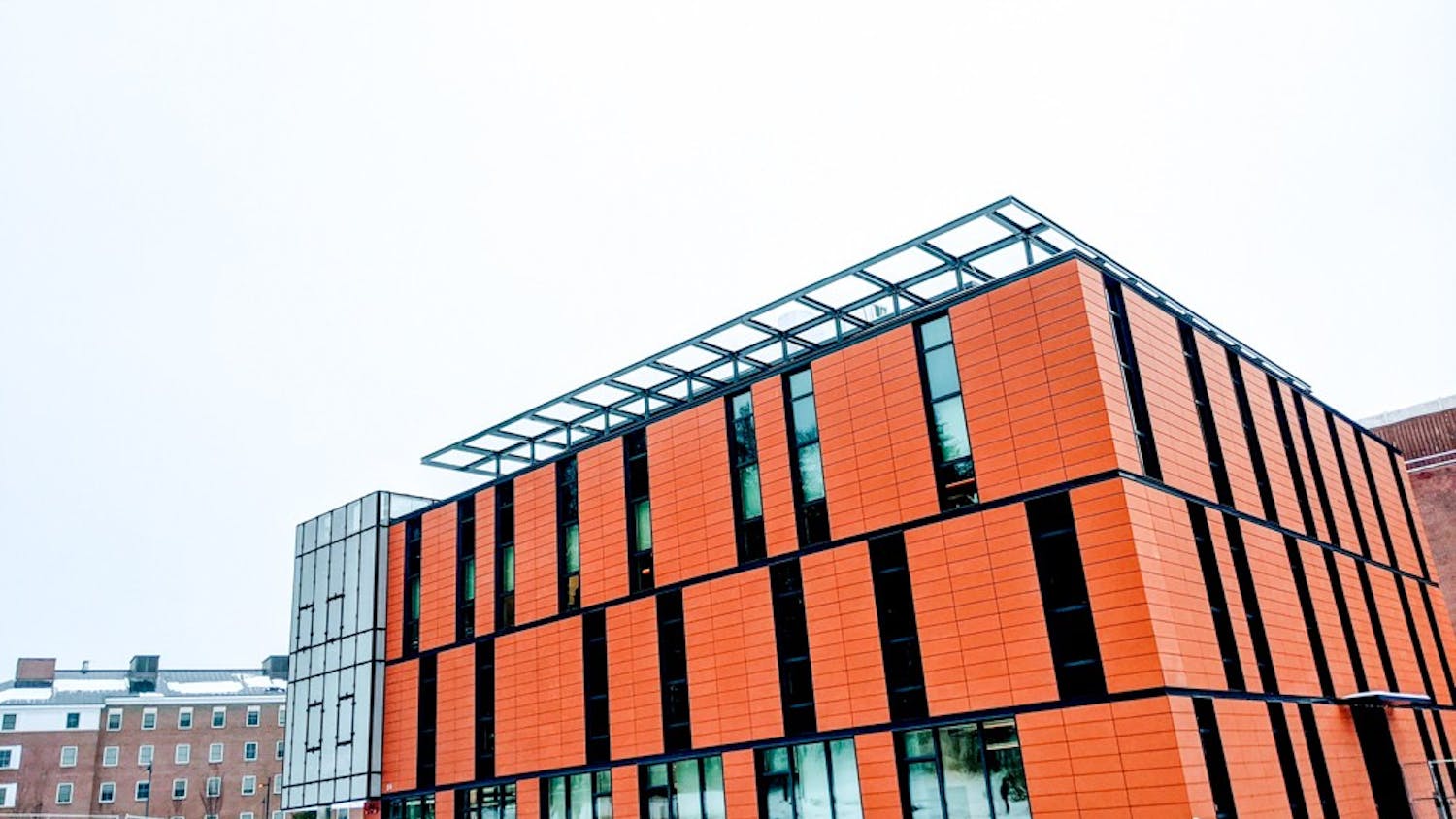The College’s announcement that summer term will be held exclusively online has understandably caused a great deal of disappointment. Only adding to this frustration has been the College’s decision to preserve the requirement that students spend at least one summer term “in residence.” As a result, the current sophomores now find themselves facing either another term of remote learning or the inability to pursue internships during their junior summers. This is an unfortunate reality, and one that reflects a long-term strategic failing on Dartmouth’s part.
Dartmouth’s mandated term of summer enrollment is a direct reflection of the College’s insufficient housing supply. Unable to host the entirety — or even the vast majority — of the student body at one time, the College has no choice but to diffuse student enrollment across terms. The need for sophomore summer and D-Plans is predicated almost entirely on Dartmouth’s inability to adequately house its students.
While sophomore summer has become a cherished Dartmouth tradition, it started as a stopgap solution to the class size increases brought about by co-education. Many insisted that not one less male student enroll at the College, which rendered existing housing inadequate. Rather than build new residence halls, the College implemented the D-Plan and sophomore summer. These changes, however, were made nearly half a century ago. And despite all that’s happened in the interim, Dartmouth’s unwillingness to address its housing crisis remains.
Although sophomores are now facing difficult circumstances, the administration refuses to deviate from its insistence on a summer term. Even if the College wanted to change this policy, it does not have the ability to do so. The College has backed itself into a corner, revealing that its strategy of reshuffling students could never have been a long-term solution to insufficient housing stock. Dartmouth has restricted its ability to accommodate unforeseen events, and sophomores are now suffering as a result.
The solution to all this is remarkably simple. The College needs to expand its housing supply by building new dormitories. Construction seems to be a perennial feature of the Dartmouth campus, yet it is very infrequently directed toward student housing. Excluding the renovation of Morton Hall in 2017 — which was instigated by a fire — the last time Dartmouth built new residence halls was in 2006 with the completion of Fahey-McLane and the McLaughlin Clusters. And although plans for a new dormitory on East Wheelock Street were drawn up in 2018, the proposed building would only add 350 beds to the 3,348 total beds across Dartmouth’s residence halls, senior apartments and Living Learning Communities — and it remains conspicuously unbuilt.
On the other hand, buildings like the Irving Institute for Energy and Society, Anonymous Hall and now the new Center for Engineering and Computer Science, seem to be rising apace. We understand that there are other considerations that the College must take into account — as evidenced by the controversies over building new dormitories in College Park. We nonetheless believe that Dartmouth must place a much greater priority on constructing new dormitories in a proximal time frame.
Housing will, in the near future, become an increasingly pressing issue for the College. With this summer’s foreign study programs canceled — and fewer students likely willing to enroll in one in the near future amid a global health crisis — Dartmouth will need the ability to house an increased number of students on campus in the coming year. Further, Dartmouth’s admissions yield rate has been growing strongly in recent years, with a 64 percent rate for the Class of 2023 — up from 58 percent for the Class of 2021. If the College does not drop admissions rates accordingly for future classes or is caught off-guard in any given year by a sharp increase in yield, it will need to have the housing capacity to accommodate these larger classes.
Looking to the future, Dartmouth should heavily prioritize the expansion of its student housing. Some may reference a shortage of undeveloped space as an impediment to construction — but the College seems to have found plenty of room for the several non-residential buildings it has put up in recent years. The College must recognize that to remain complacent on the housing front will only leave it vulnerable to any further unexpected shocks in the future.
Today, Dartmouth’s policy of inactivity in constructing new housing has harmed the sophomores. Tomorrow, the College should work hard to ensure that future students are better accommodated.
The editorial board consists of the opinion editors, the executive editors and the editor-in-chief.
Correction appended (Apr. 25, 2020): A previous version of this article incorrectly stated that there are 2,456 total beds across Dartmouth's residence halls, senior apartments and Living Learning Communities. The article has been updated to reflect the correct number.


